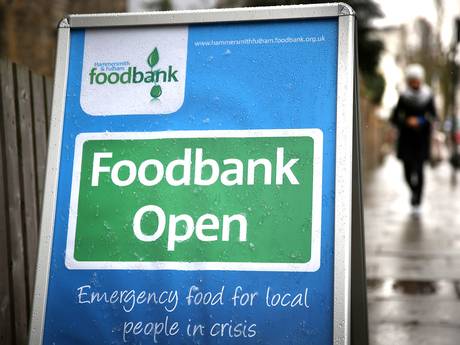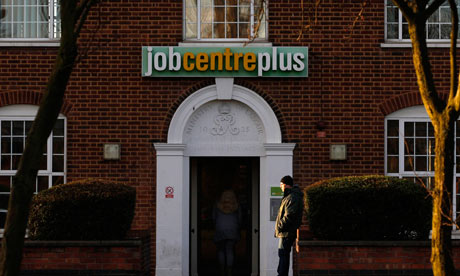Reblogged from Vox Political:
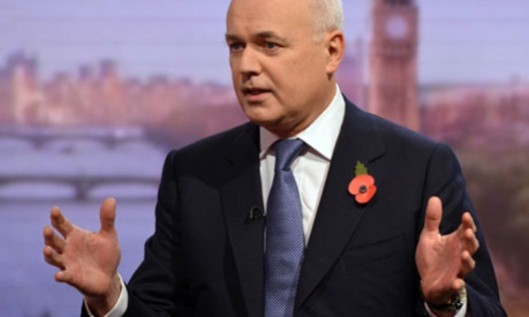
Don’t shrug your shoulders, Smith! It’s time the people of the UK found a way to make him care about the deaths he is causing.
Today’s article on the
Skwawkbox blog is extremely interesting, for anyone with an interest in the public services and the welfare state.
It seems the Department for Work and Pensions has pushed ahead with a regime including the Work Programme and the sanctions imposed for those who refuse to take part, and even changed the law to reinforce its position, despite having documentary proof
that is two years old, showing that these policies do more harm than good and are not in the national interest.
You can read the article here to get the full picture. The gist is that
a DWP report from 2011 advised the secretary of state, Iain Duncan Smith, that these policies were a bad idea – but he went ahead with them anyway.
So the report concludes that the Work Programme, and other training programmes imposed by the DWP, cause harm by preventing people from looking for work and forcing them to attend useless training sessions (as flagged up in
this Vox Political article).
It admits the policy harms people who were already involved in training or volunteer work – on their own initiative - because they had to end it to take part in ‘mandated’ training or face sanction if they declined (
Cait Reilly, for a much-publicised example).
People who didn’t attend, didn’t complete or rejected a training course because it was unsuitable were still sanctioned (even though the policy states – and the government has adamantly claimed for many months – that this does not happen. Transport difficulties and childcare problems were also flagged up as potentially leading to sanctions, even though they were not the fault of the jobseeker.
The report went on to criticise the sanctions regime – because it is harmful not only to the jobseeker but to members of that person’s family and friends as well. This is because it forces them to rely on family and friends for their survival, if they are lucky enough to have such people around to help; it damages family relationships and harms the well-being of low-income families who have to stretch their resources to help a sanctioned person, including younger brothers or sisters who have to rely on the money earned by their elders for their own sustainance. In other words, not only do sanctions harm individual jobseekers, but they also harm people who have had nothing to do with the benefits being suspended. As Steve Walker writes, that is “about as unjust as you could possibly get”.
There’s more, but you should visit the article because I want to ask a few more, searching, questions.
We’ve seen that the DWP was warned against imposing Workfare onto people who were already involved in training or volunteer work that they had initiated themselves. Isn’t that exactly what happened to Cait Reilly?
Then, rather than admit its mistake, pay her back the money she had lost through sanctions and let her go back to the volunteer work that might actually help her get a long-term career, the government forced her to take the matter to a lengthy (and, one expects, expensive) judicial review to prove her case.
When
Ms Reilly won at the Court of Appeal (meaning the costs had to be paid by the DWP), it meant that tens – maybe hundreds of thousands of jobseekers who had been wrongly sanctioned could claim their money back. Mr… Smith immediately told the world that he wasn’t putting up with that and, diverging even further from the path of wisdom,
tabled a Parliamentary Bill to change the law, in order to keep the money he and his department had stolen – yes, I think ‘stolen’ is the appropriate word – from the many taxpayers they had wronged.
Faced with this evidence, one finds it necessary to ask:
In the name of sanity, why?
Why go ahead with a policy that cannot possibly be in the national interest? It stops people getting jobs; it harms jobseekers, their families and friends; it drives them to despair.
It drives them to despair.
Another recent article came our way via Facebook, and relates to the Suicide Act, 1961. It draws attention to the fact that the DWP and the wider UK government has been told, repeatedly and at length, that
its policies are leading to suicides. The article itself refers to the many deaths we know take place every week because of the work capability assessment for Employment and Support Allowance, but it is also known that jobseeker suicides rise by around 10 per cent during times of high unemployment and the figures should be available to support a contention that this is taking place now.
The article goes on to say that continuing to authorise procedures that are known to end in suicide – as Iain Duncan Smith and his various lieutenants, Mark Hoban, Esther McVey, Chris Grayling and Maria Miller, have done – may therefore be viewed as procuring suicide from the disabled and otherwise disadvantaged population of the UK.
This is a criminal offence under the Suicide Act, 1961.
So it seems we have a government that has ignored the advice of its own reports in order to pursue a course of criminality that has led (as we all know) to many thousands of deaths.
Does anybody feel like calling the police?
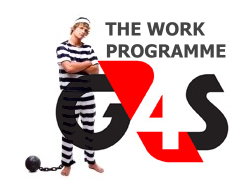

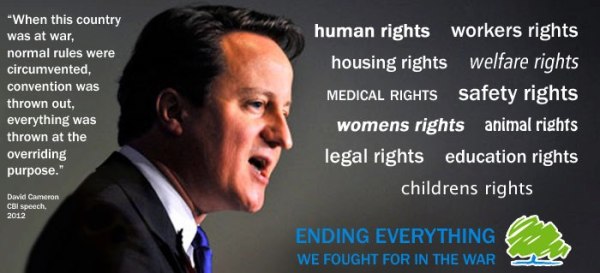
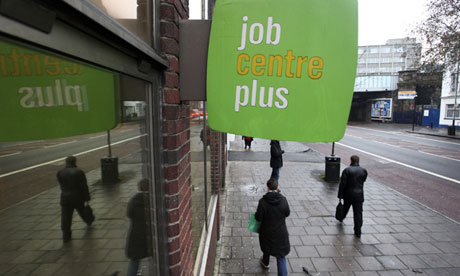
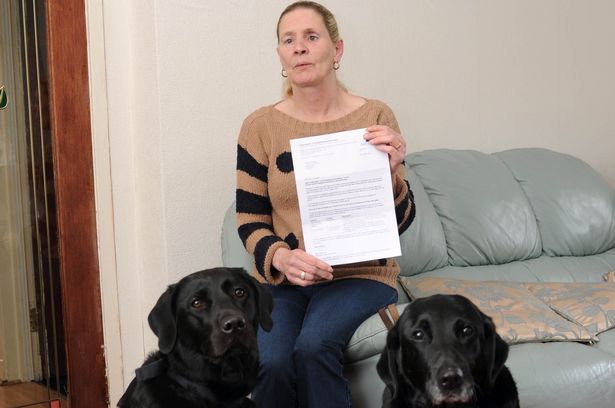
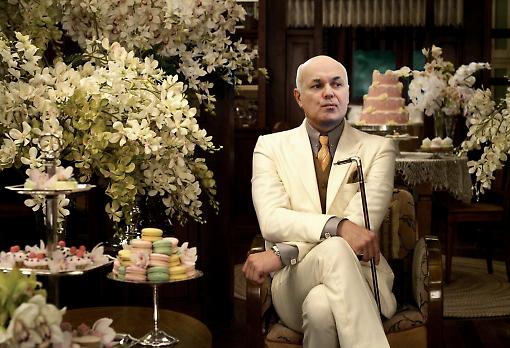
 ,
, 